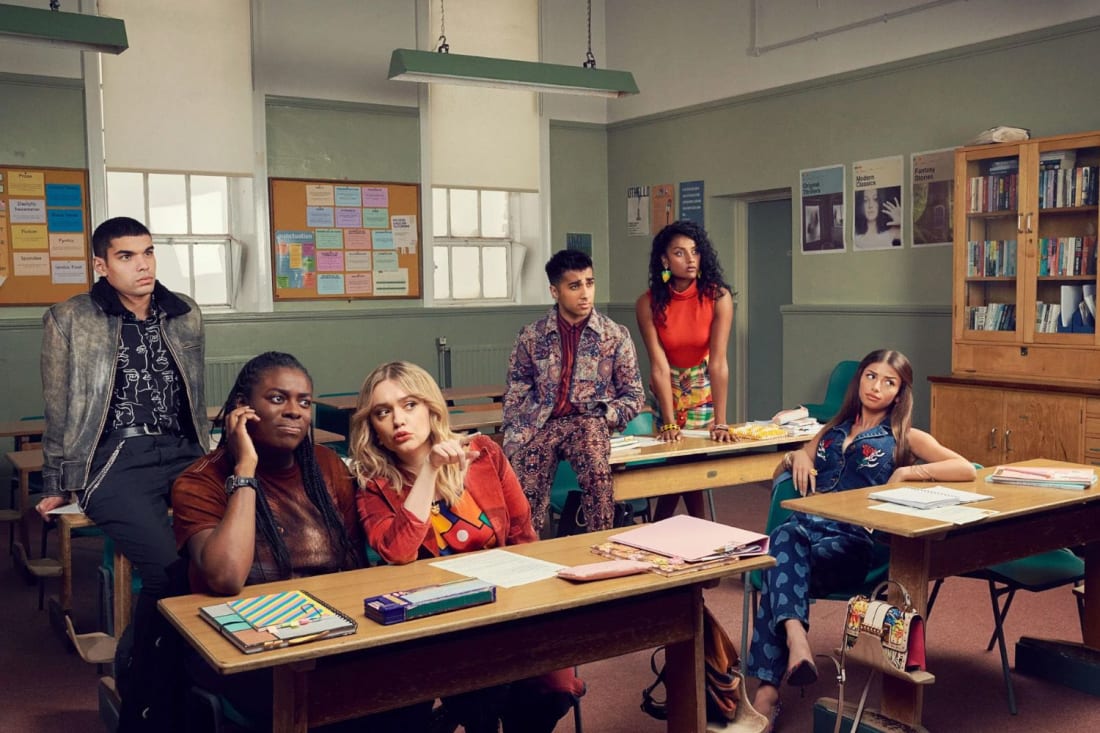Beth Ashley: My book Sluts shouldn’t have to exist
The sex and relationships journalist on body counts, school dress codes, and why slut-shaming is having a mainstream moment in 2024
The sex and relationships journalist on body counts, school dress codes, and why slut-shaming is having a mainstream moment in 2024
A question for the girlies: do you remember the first time you were slut-shamed? It’s something that ran through my mind while reading Sluts: The Truth About Slutshaming & What We Can Do To Fight It by journalist Beth Ashley. A sex and relationships writer, she’s the voice behind our F***ing Nonsense series which busts dangerous sex myths. Sluts delivers that same no-nonsense clarity, a book designed to be read by teens and those in their early 20s, to help them understand why and how slut-shaming is a thing that still exists, and how to fight it.
“I definitely learned that my body was a problem at school,” Ashley says of one of her first memories of slut-shaming. “I used to run into problems a lot – I've got really big boobs and very long legs, and I was always being told off and sent home. I was adhering to the dress code!” The book details how, in 2022, one school in Australia banned revealing clothing for girls in case they distracted male teachers, which is a pretty grim concept. “It teaches you that your body has this mad power of steering men in the wrong direction, when it’s really not your problem.”
These ideas, she thinks, are drummed into girls from a very young age. “I was talking to someone the other day about how all women know that you're not supposed to [wear outfits that don’t cover both your] legs and boobs, but at the same time, where did we learn that?!” It’s why she decided to make the book partly a practical guide for young people, with bullet points about sex-positive influencers to follow, or communities to look into.
Writing a book about slut-shaming came, Ashley says, after examining the sex-positive movement, which has had moments in the limelight now and then. “The idea of fighting back against slut-shaming has been knocking around for a really long time,” she says. “I’m not the inventor of the idea of reclaiming the word ‘slut’ [Ashley uses the term ‘slut’ positively, stating she is proud to be one] – you know, Bikini Kill’s Kathleen Hanna wrote it across her stomach in the ‘80s, and the SlutWalk has been going since 2013.”
She felt now was a good time to publish the book, though, after seeing that the pro-slut conversation had gone quiet – “I don’t want to use the word ‘comeback’, because slut-shaming never really went away, but I’d say [there’s been] a mainstream comeback because every single time we see any kind of feminist movement or wave or subgroup throughout history, it’s met with the opposite.”



